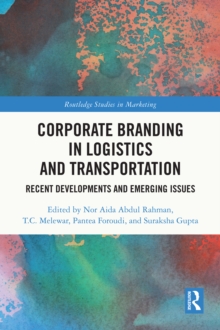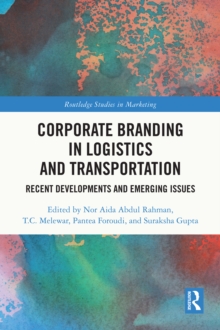
Addiction as Consumer Choice : Exploring the Cognitive Dimension EPUB
by Gordon Foxall
Part of the Routledge Studies in Marketing series
EPUB
Description
A striking characteristic of addictive behavior is the pursuit of immediate reward at the risk of longer-term detrimental outcomes.
It is typically accompanied by the expression of a strong desire to cease from or at least control consumption that has such consequences, followed by lapse, further resolution, relapse, and so on.
Understood in this way, addiction includes substance abuse as well as behavioral compulsions like excessive gambling or even uncontrollable shopping.
Behavioral economics and neurophysiology provide well-worn paths to understanding this behavior and this book regards them as central components of this quest.
However, the specific question it seeks to answer is, What part does cognition – the desires we pursue and the beliefs we have about how to accomplish them – play in explaining addictive behavior?
The answer is sought in a methodology that indicates why and where cognitive explanation is necessary, the form it should take, and the outcomes of employing it to understand addiction.
It applies the Behavioral Perspective Model (BPM) of consumer choice, a tried and tested theory of more routine consumption, ranging from everyday product and brand choice, through credit purchasing and environmental despoliation, to the more extreme aspects of consumption represented by compulsion and addiction. The book will advance debate among behavioral scientists, cognitive psychologists, and other professionals about the nature of economic and social behavior.
Information
-
Download - Immediately Available
- Format:EPUB
- Pages:238 pages, 1 Tables, black and white; 22 Line drawings, black and white; 1 Halftones, black and whit
- Publisher:Taylor & Francis Ltd
- Publication Date:12/02/2016
- Category:
- ISBN:9781134472246
Other Formats
- Paperback / softback from £39.99
- PDF from £35.99
- Hardback from £140.00
Information
-
Download - Immediately Available
- Format:EPUB
- Pages:238 pages, 1 Tables, black and white; 22 Line drawings, black and white; 1 Halftones, black and whit
- Publisher:Taylor & Francis Ltd
- Publication Date:12/02/2016
- Category:
- ISBN:9781134472246










